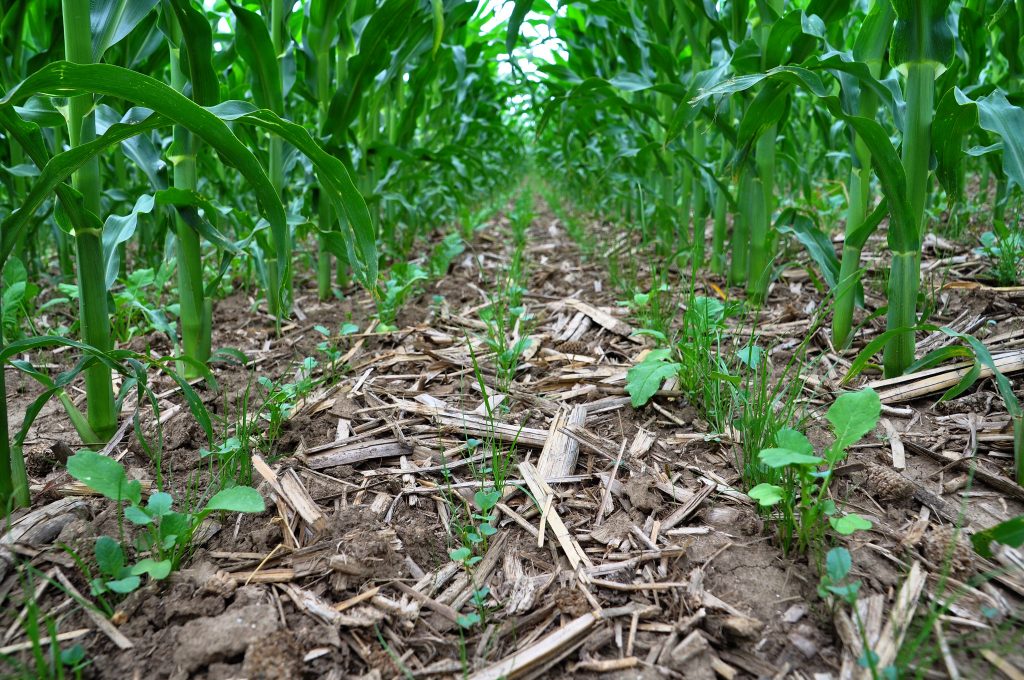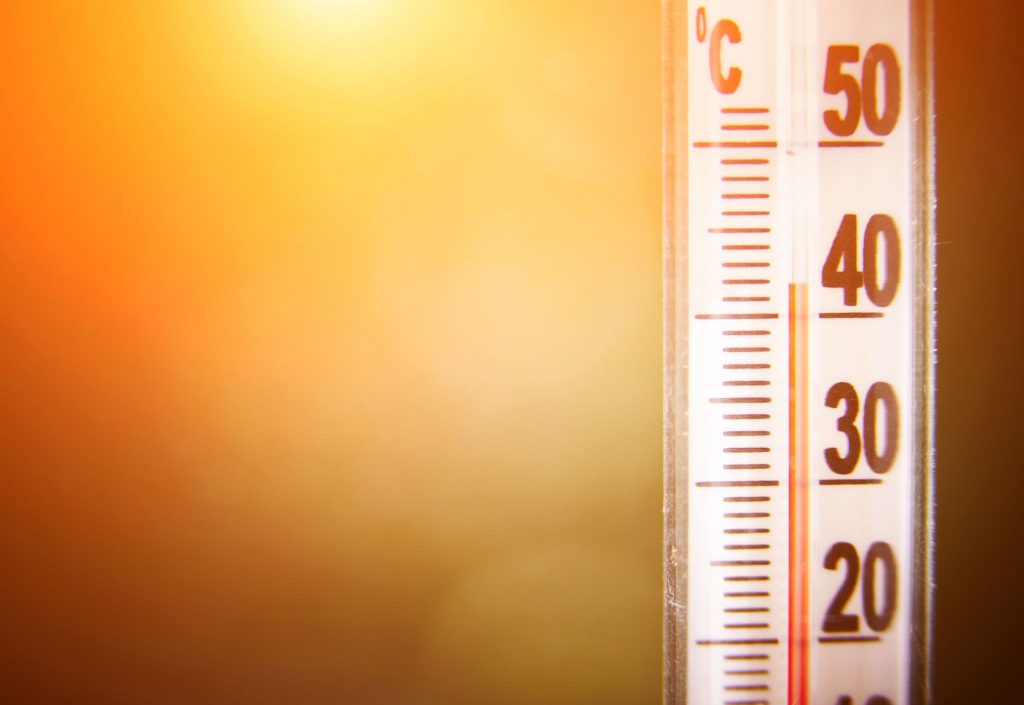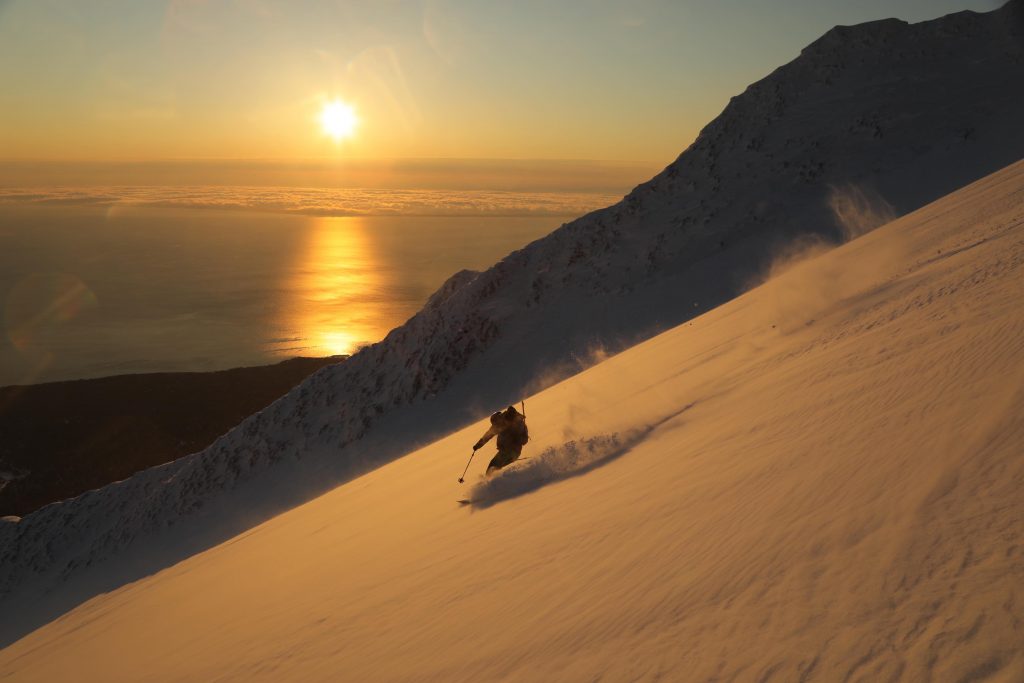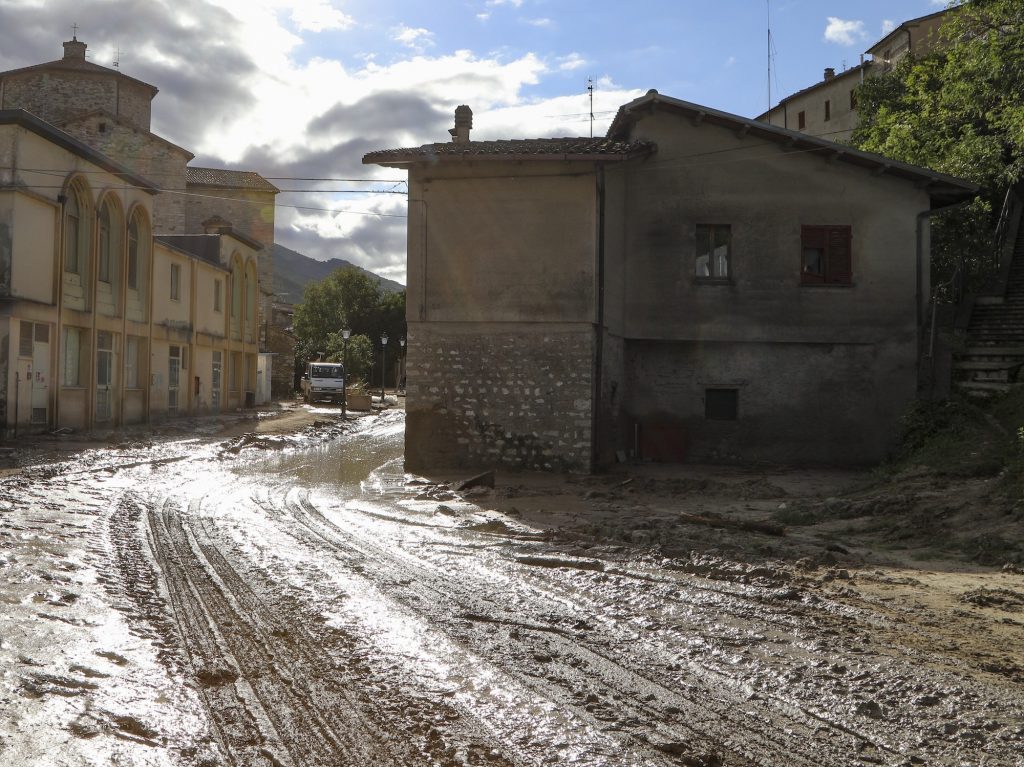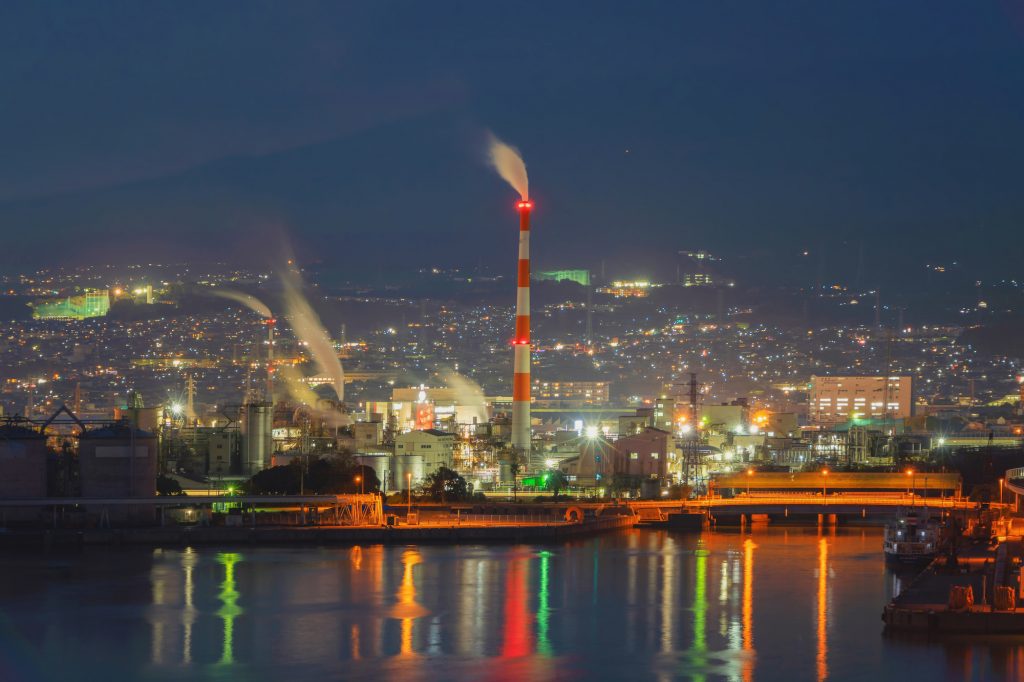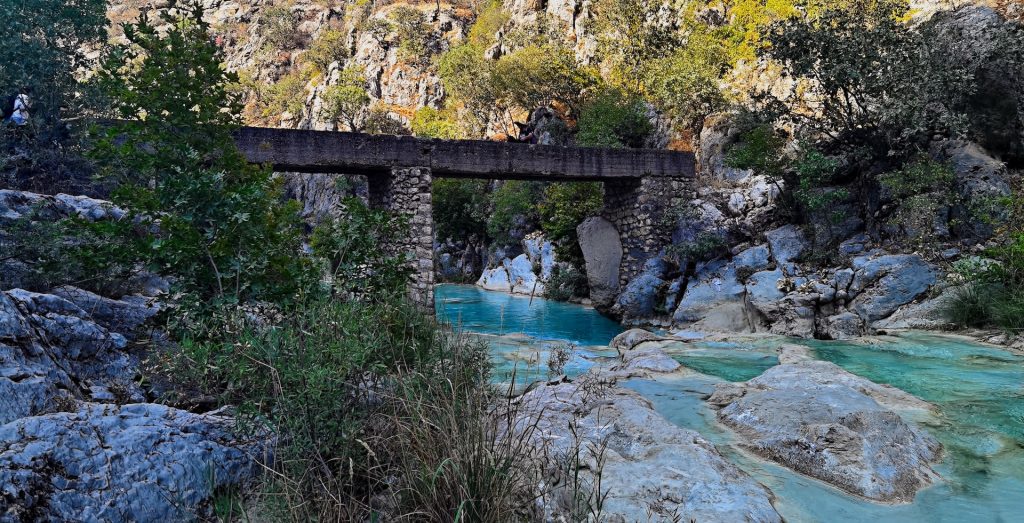
“Every story is a climate story”, and this is why
Deep into the future planet: Telling climate stories and how they intertwine with our individual and collective lives, across all levels and dimensions. Interview with Elisabetta Tola, science journalist and author of the Foresight podcast produced by CMCC and FACTA. A mix of voices from the worlds of science, art, activism, policy, show the complexity of the climate crisis and its possible solutions.


